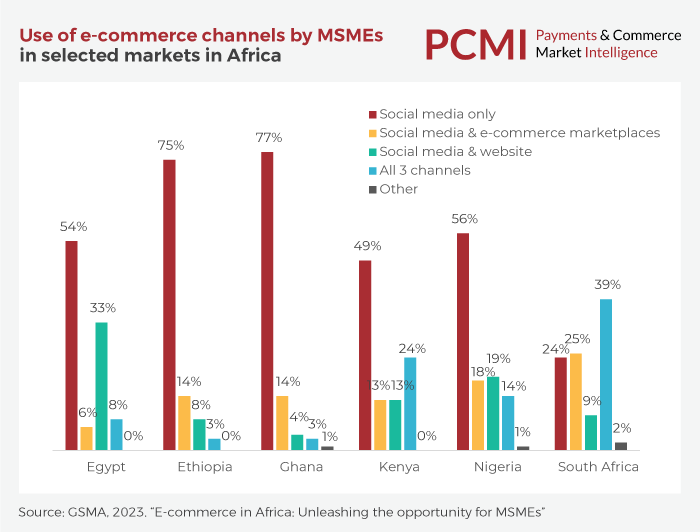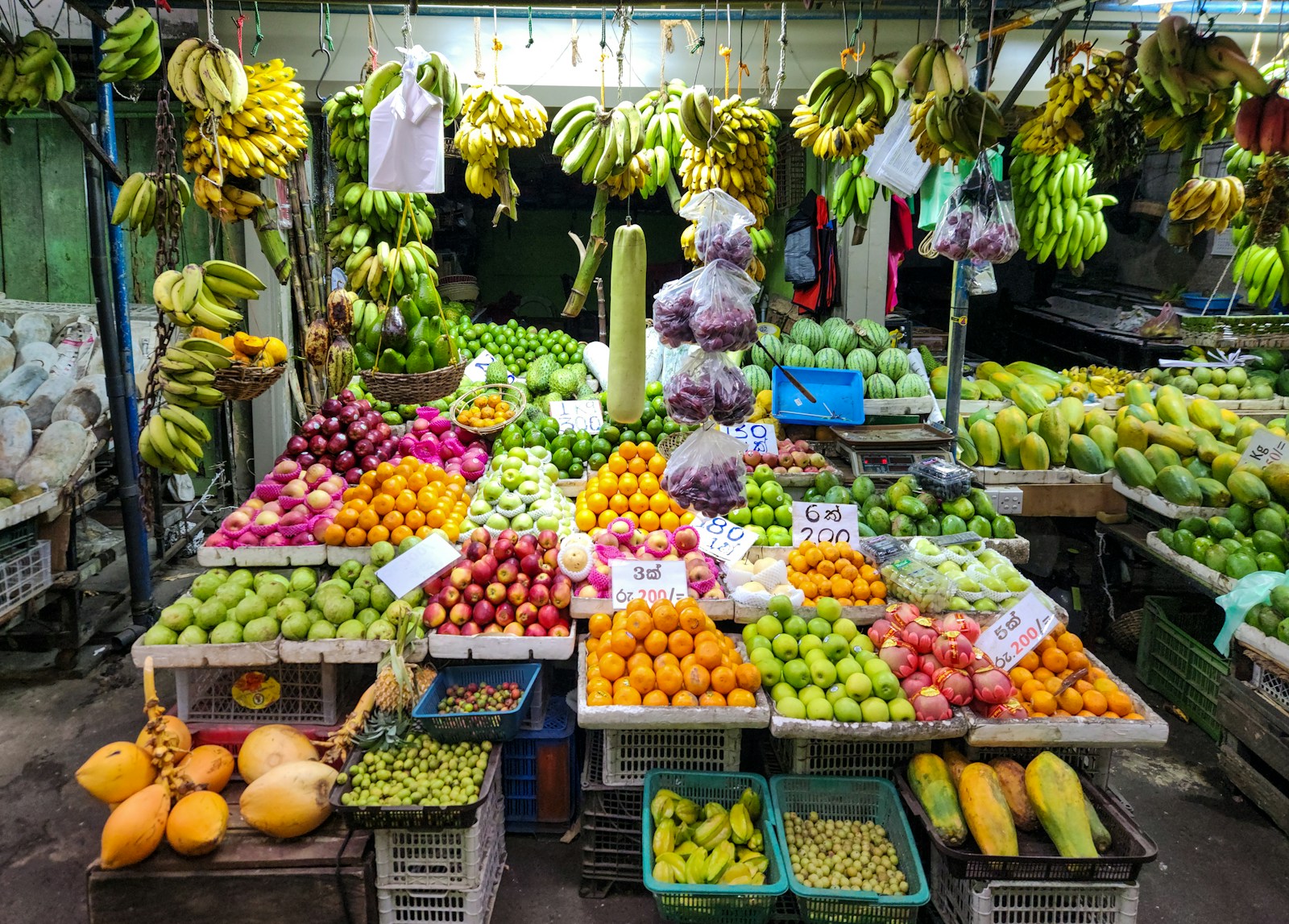Mobile Money Africa: Transforming Financial Access Across the Continent
Mobile Money Africa is no longer just a buzzword — it’s the beating heart of financial innovation on the continent. From bustling Lagos markets to rural villages in Kenya, mobile money is reshaping how millions of Africans handle their finances daily. With over 1.1 billion mobile money accounts in Sub-Saharan Africa, the convenience and accessibility of these platforms are driving unprecedented economic inclusion.
1. The Rapid Adoption of Mobile Money Africa: Driving Financial Inclusion
The surge in mobile money adoption across Africa, particularly in Nigeria, is fueled by the unique financial needs of a diverse population. For millions who remain unbanked due to lack of access to traditional banking infrastructure, mobile money platforms offer a lifeline. The ability to send and receive money using just a basic mobile phone — without needing a bank account — breaks down long-standing barriers. Services like Paga, OPay, MTN MoMo, and PalmPay exemplify this transformative trend, bringing financial services to underserved and remote communities.
Moreover, affordable transaction fees, some as low as ₦50, make mobile money accessible to users across all income levels. The proliferation of agent networks further enhances reach, enabling cash-in and cash-out services in almost every street corner and village. This expansion not only fuels everyday transactions but also empowers small business owners to thrive, fueling economic growth at the grassroots level.
2. Key Trends Shaping Mobile Money Africa in 2025 and Beyond
Looking ahead, mobile money’s role in Africa’s economy will continue to evolve significantly. Expansion into complementary financial services such as microloans, insurance, and cross-border payments is already underway. The integration of these services transforms mobile money from a mere payment method into a comprehensive financial ecosystem.
Partnerships between fintech startups, banks, and telcos are accelerating innovation, delivering smarter, faster, and cheaper financial products to users. Governments are also working on better regulatory frameworks, balancing consumer protection with fostering innovation. Additionally, advances in AI and automation promise to streamline processes like identity verification and fraud detection, making mobile money safer and more user-friendly than ever.
3. How Mobile Money Africa Benefits the Everyday Nigerian
For the average Nigerian, these trends translate into practical advantages that improve daily life. Small business owners gain access to mobile loans and more efficient payment collection systems, reducing operational friction and increasing cash flow. Youth and students leverage mobile money platforms to engage in side hustles and entrepreneurial activities, expanding economic opportunities.
Rural families who previously lacked access to formal banking can now save, borrow, and transact seamlessly from their phones. This democratization of financial services strengthens community resilience and supports economic participation at all levels. Furthermore, investors and entrepreneurs recognize the sector’s growth potential, drawing increased capital into Nigerian fintechs and creating jobs.
4. Overcoming Challenges in Mobile Money Africa Adoption
Despite its rapid growth, mobile money adoption faces hurdles. Infrastructure gaps, such as inconsistent electricity and limited internet access in rural areas, pose challenges. Regulatory uncertainties sometimes slow innovation or create barriers for new entrants. Trust issues stemming from past fraud or scams remain a concern among users, necessitating robust security and transparency efforts.
Nonetheless, ongoing improvements in network coverage, digital literacy initiatives, and strong consumer protection laws are addressing these obstacles. The Nigerian government and Central Bank have increased collaboration with fintech companies to build a more secure and inclusive financial ecosystem. As these issues are resolved, mobile money’s impact will deepen, reaching even more people.
5. The Role of Agent Networks in Expanding Mobile Money Africa
One of the unique strengths of mobile money in Africa is its vast network of agents. These agents operate as local financial hubs, bridging the gap between digital services and cash-based communities. In Nigeria, agents provide crucial services like cash deposits and withdrawals, bill payments, and account registration assistance.
The convenience and personal touch agents offer encourage adoption among populations hesitant about technology. Additionally, agent networks create employment opportunities in underserved areas, fostering economic development beyond just financial inclusion. As mobile money platforms grow, strengthening and expanding agent networks remains critical to sustaining and scaling impact.
6. The Future Outlook: Mobile Money Africa as an Economic Backbone
By 2025 and beyond, Mobile Money Africa is poised to be the backbone of economic activity across the continent. The continual evolution of services, partnerships, and regulatory support positions mobile money as more than a financial tool — it’s a catalyst for inclusive economic transformation.
Nigeria’s youthful, ambitious population is ready to embrace this revolution, driving demand for innovative, accessible financial solutions. Investors and policymakers alike are recognizing the sector’s potential, resulting in greater funding, improved infrastructure, and enhanced regulatory frameworks.
For everyday Nigerians, this means more opportunities to save, invest, and grow wealth securely and conveniently. Mobile money is no longer the future — it’s the present, reshaping lives and economies with every transaction.
7. Mobile Money Africa and the Growth of E-Commerce
Mobile Money Africa plays a pivotal role in driving the rapid expansion of e-commerce across Nigeria and the continent. With easy-to-use payment gateways linked directly to mobile money wallets, consumers can shop online with confidence and convenience. This seamless integration has opened up opportunities for countless small and medium-sized enterprises (SMEs) to reach broader markets without the need for complex banking setups.
The accessibility of mobile money reduces friction in transactions, enabling faster payment processing and reducing the risks associated with cash handling. As more Nigerians become comfortable with mobile payments, e-commerce platforms experience increased traffic and sales. This digital ecosystem also encourages innovation in logistics and delivery, enhancing the overall shopping experience.
Moreover, partnerships between mobile money providers and e-commerce companies foster loyalty programs, discounts, and promotional offers that further incentivize mobile money usage. This synergy creates a virtuous cycle of adoption, economic activity, and technology-driven growth that benefits consumers and businesses alike.
8. Financial Literacy and Mobile Money Africa: Empowering Users
While Mobile Money Africa offers tremendous opportunities, financial literacy remains a cornerstone for its sustainable growth. Many users, especially in rural and underserved communities, need guidance to make the most of these platforms safely and effectively. Fintech companies and NGOs are increasingly investing in educational campaigns to improve digital financial literacy.
These initiatives teach users about security practices, budgeting, savings, and the importance of responsible borrowing. By empowering users with knowledge, the risk of fraud and misuse diminishes, fostering trust and long-term engagement with mobile money services.
Additionally, financial literacy efforts enable users to navigate advanced features such as micro-investments, insurance, and credit scoring, unlocking further financial inclusion benefits. In Nigeria, educational campaigns often collaborate with community leaders and agents, ensuring messages resonate culturally and linguistically.
9. The Role of Government and Regulation in Mobile Money Africa’s Success
Effective regulation is crucial to the sustained success of Mobile Money Africa. Governments and financial authorities across the continent are crafting policies that balance innovation with consumer protection. Nigeria’s Central Bank has taken significant steps to regulate mobile money transactions, protect user data, and ensure the integrity of financial systems.
Regulatory frameworks address issues such as anti-money laundering (AML), know-your-customer (KYC) requirements, and dispute resolution mechanisms. These regulations provide a stable environment that encourages investment while safeguarding users from risks.
Moreover, public-private partnerships are helping create interoperable systems that allow users to transfer money across different platforms seamlessly. This interoperability enhances user convenience and broadens the reach of mobile money services.
10. Mobile Money Africa and the Rise of Women Entrepreneurs
One of the most inspiring impacts of Mobile Money Africa is its role in empowering women entrepreneurs. Traditionally marginalized in accessing formal financial services, women now harness mobile money platforms to start and grow businesses. These platforms provide a convenient way to manage payments, access credit, and save for future investments.
Women in rural areas, in particular, benefit from agent networks that bring banking services close to home, reducing travel time and safety concerns. Mobile money also enables women to participate in digital marketplaces, connecting them with customers far beyond their immediate communities.
Financial inclusion through mobile money contributes to greater economic independence for women, boosting household incomes and community development. Programs tailored to women entrepreneurs often include mentorship and training, further enhancing their success rates.
11. Innovations Driving the Future of Mobile Money Africa
The future of Mobile Money Africa is being shaped by cutting-edge innovations. Blockchain technology promises to enhance transparency and security in transactions, reducing fraud and operational costs. Artificial intelligence and machine learning are increasingly used to personalize services, detect anomalies, and offer tailored financial products.
Furthermore, the integration of biometric identification enhances security and simplifies user authentication, making mobile money accessible even to those with limited formal identification documents. Innovations in USSD and app interfaces continue to improve usability, ensuring that mobile money remains inclusive regardless of device type or internet connectivity.
As fintech ecosystems mature, open banking APIs allow third-party developers to build innovative solutions on top of mobile money platforms, expanding the range of financial services and creating new revenue streams.
12. Investing in Mobile Money Africa: Opportunities and Risks
For investors, Mobile Money Africa represents one of the most promising sectors on the continent. The rapid adoption, large unbanked population, and growing smartphone penetration create fertile ground for exponential growth. Venture capital and private equity funds are increasingly targeting Nigerian fintech startups, recognizing their potential for scale and impact.
However, investment in this space comes with risks such as regulatory uncertainty, technological disruptions, and market competition. Due diligence, strong governance, and agile business models are essential for success.
Investors also play a crucial role in fostering innovation and financial inclusion by supporting startups that focus on underserved segments, including rural users, women, and youth. As the ecosystem grows, collaboration among investors, entrepreneurs, and regulators will be key to realizing Mobile Money Africa’s full potential.
Conclusion
Mobile Money Africa is not merely a technological advancement but a profound economic and social transformation. Its continued growth depends on innovation, education, regulation, and investment working hand in hand. Nigeria’s leadership in this revolution positions it as a model for the continent.
To understand more about how technology is shaping the future of finance and economic growth, you can read this comprehensive article on Technology and Finance Growth in 2025. It provides valuable insights that align perfectly with the ongoing mobile money revolution in Nigeria and across Africa. This connection between fintech innovation and economic development highlights the critical role mobile money plays not only in financial inclusion but also in fostering entrepreneurship and sustainable growth across emerging markets.
For those eager to dive deeper into the fintech revolution shaping Nigeria, check out our latest insights and resources on Fintech Insider Africa, your trusted source for fintech news and analysis.
Source: fintechinsider.africa




